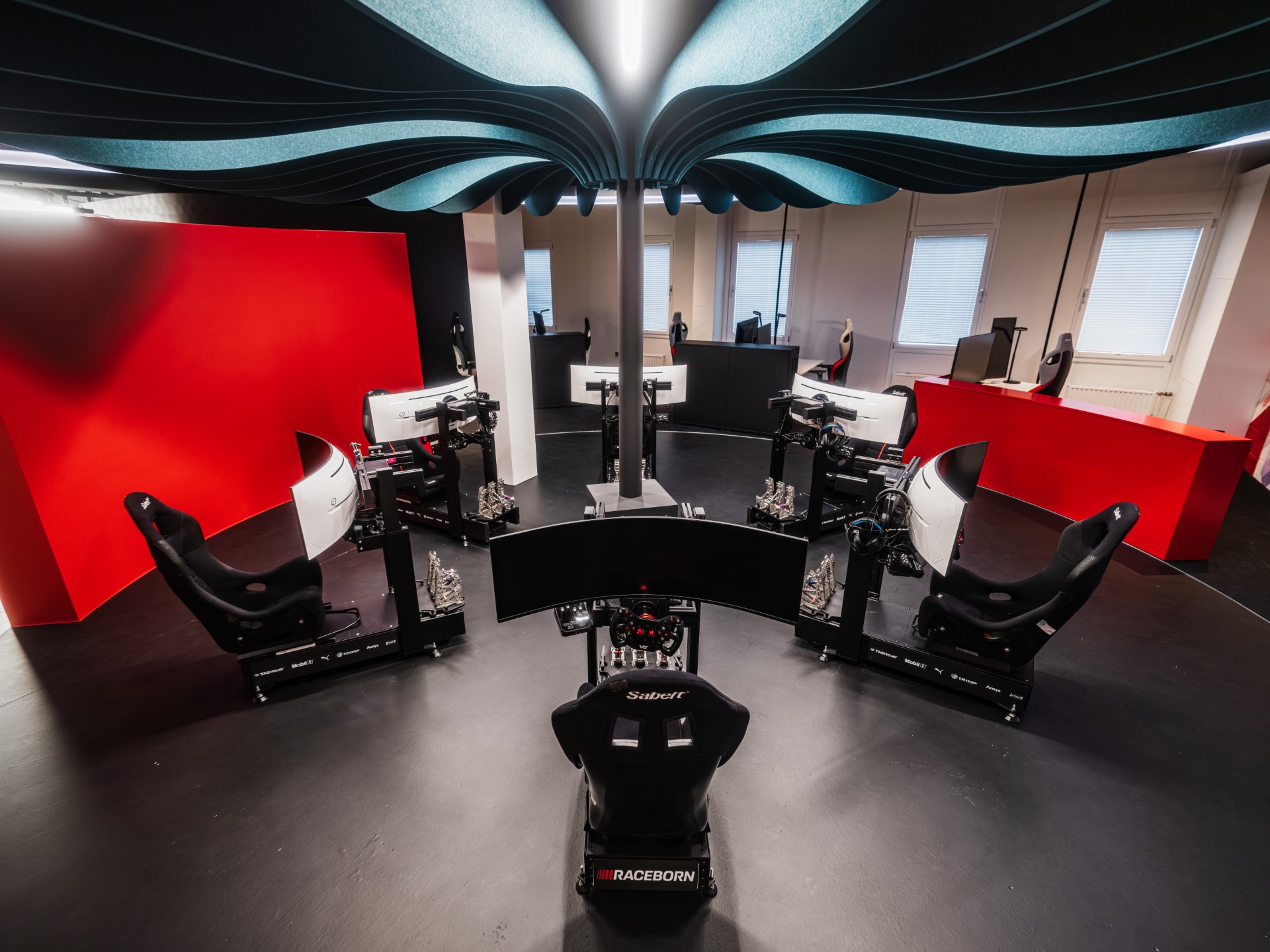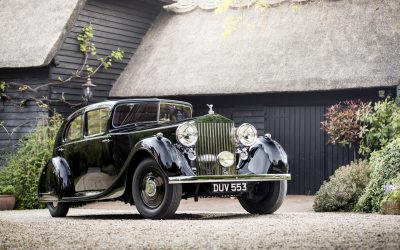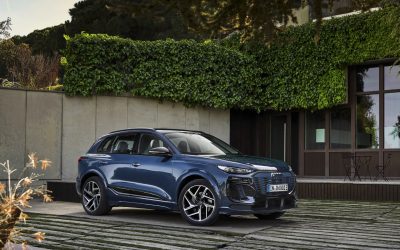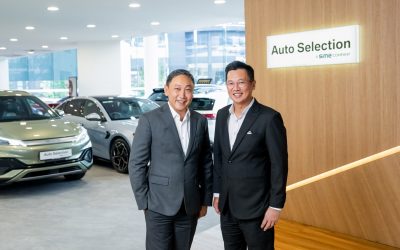These days, some of Porsche’s fiercest battles are being fought not on asphalt but in pixels and Esports.
Welcome to Cologne-Ossendorf, where the line between reality and simulation just got a little blurrier.
Porsche Motorsport officially opened the doors to its new digital battleground, the Porsche Esports Performance Center (PEPC), a sleek, high-tech headquarters built not for exhaust fumes, but for electric intensity.
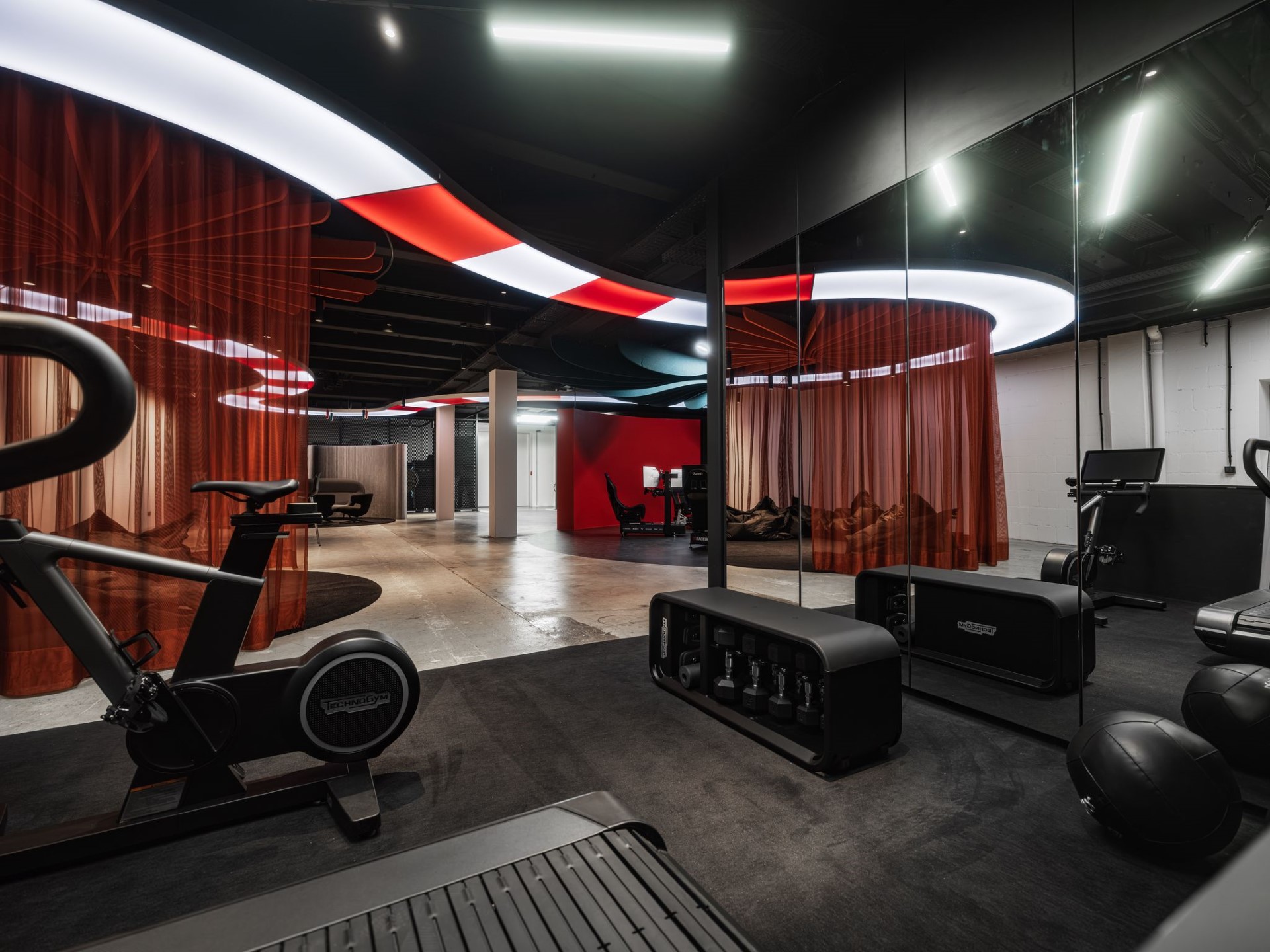
It’s a purpose-built, 324-square-metre facility that houses six professional simulators, a dedicated performance engineer workstation, open-plan collaboration spaces, a fitness and chill-out zone, and even a show car area for a bit of visual drama.
The Porsche Coanda Esports Racing Team, the marque’s official sim racing outfit, has made the move from Gronau to Cologne. According to Nina Braack, Manager Esports at Porsche Motorsport, the decision was as much about performance as it was about progression.
“Our goal was to create spaces where our team could perform at an even higher level. Mental conditioning is paramount in sim racing, the smallest distraction can throw off a perfect lap.”
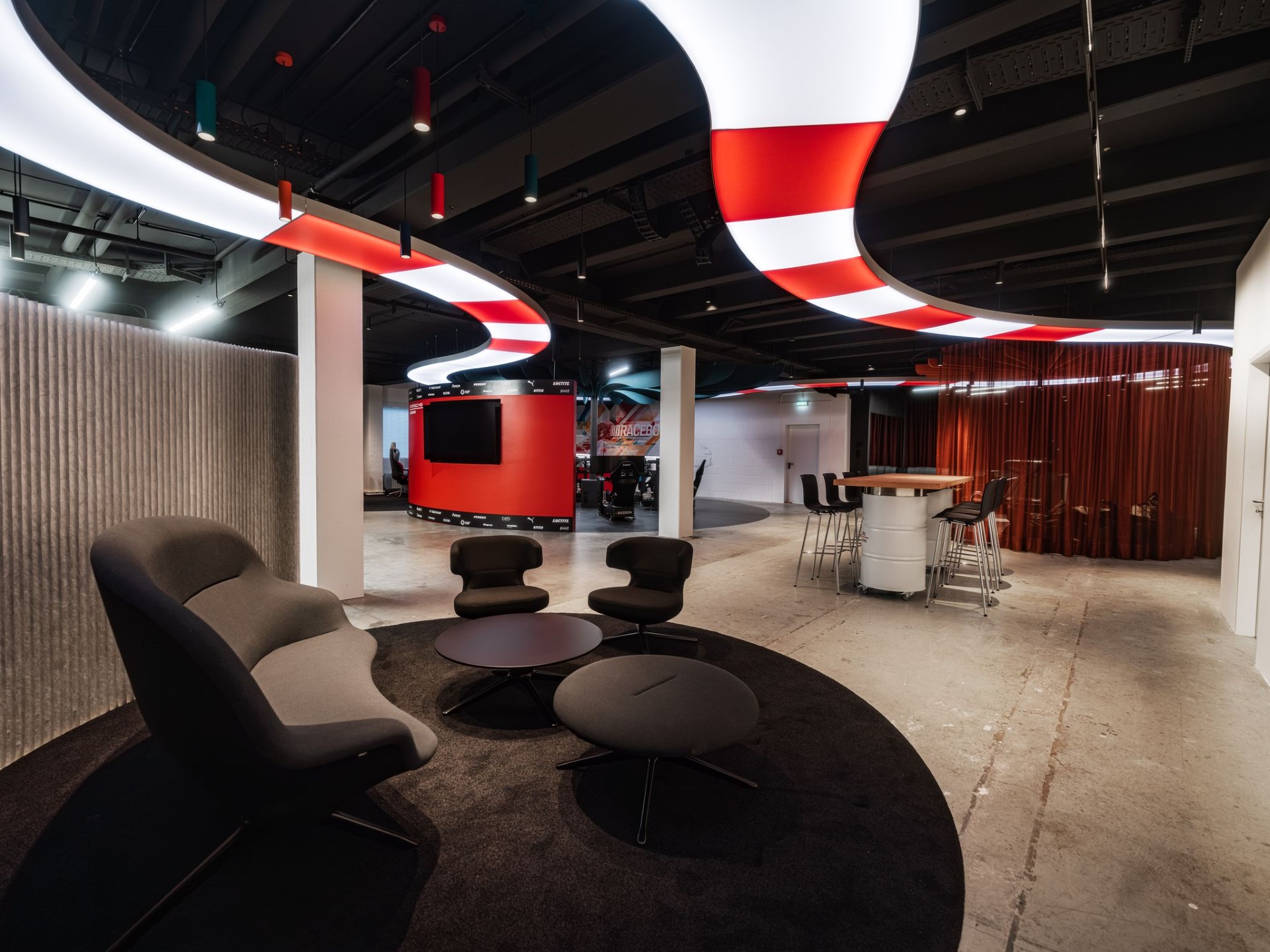
At their new base in Trilux’s Licht Campus, complete with tailor-made lighting designed to reduce strain and sharpen focus, Porsche’s virtual warriors are now training under the same obsessive attention to detail you’d expect from Weissach’s finest.
Porsche’s esports drivers use steering wheels and pedals that demand the same pressure and finesse as their real-world equivalents. And while they may not leave skid marks on tarmac, their digital exploits are no less intense.
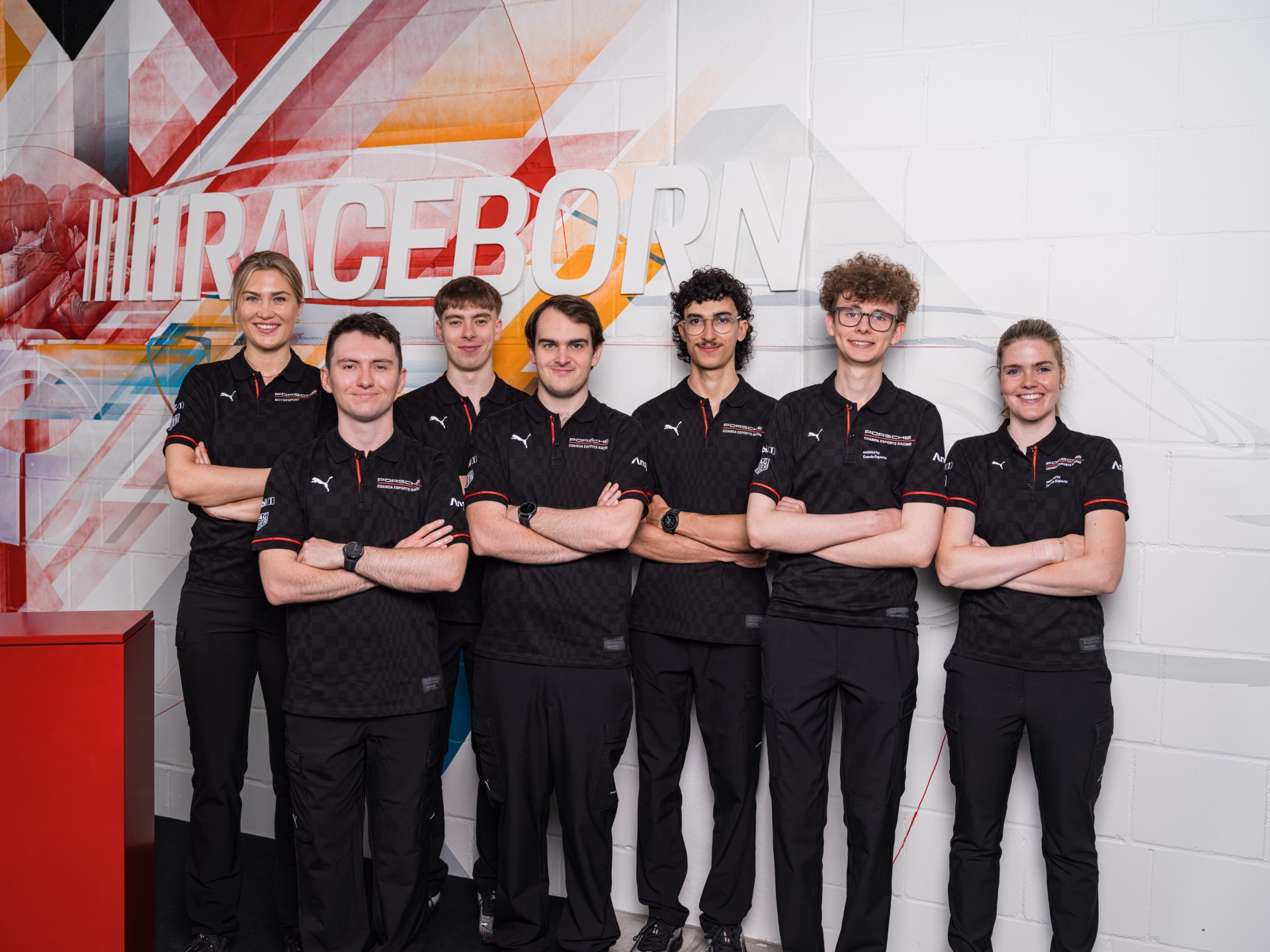
The Coanda squad (currently leading the R1 sim racing championship) includes a cosmopolitan mix of top-tier talent: Jordan Caruso (Australia), Charlie Collins (UK), Michell deJong and Elvis Rankin (USA), as well as Joshua Rogers and Dayne Warren (Australia). Together, they’ll be gunning for gold at the Esports World Cup in Saudi Arabia this summer.
Many of these drivers, despite living like digital nomads in Gronau, are now settling into their own homes in Cologne, a move that Braack sees as a sign of maturity, not just for the individuals, but for the entire programme.
“It shows the spirit of the project,” she says. “They’re growing not just as drivers, but as people.”
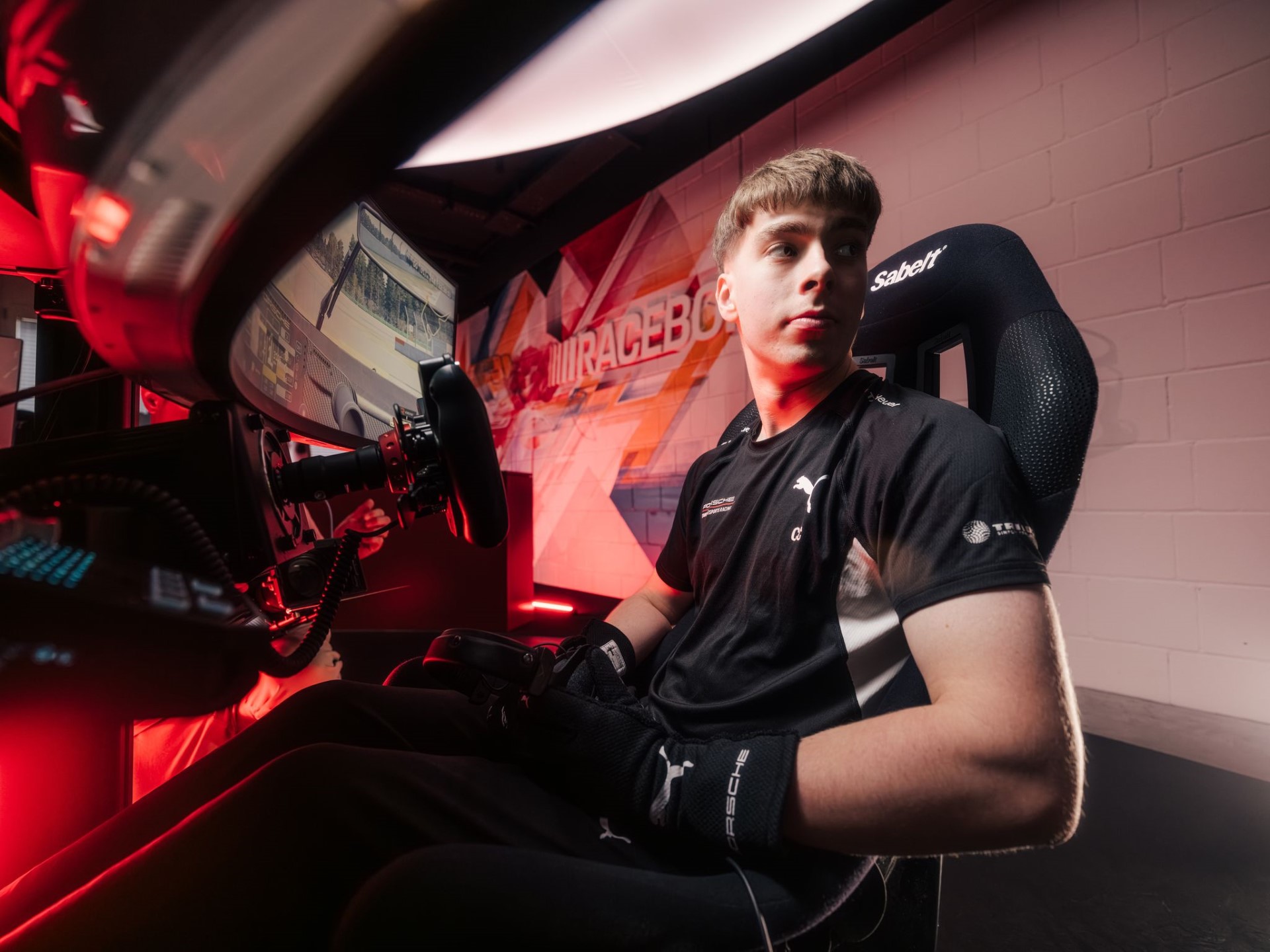
To the untrained eye, all this might seem like a glorified video game. But Porsche sees a rapidly growing arena that’s helping it connect with younger, tech-savvy audiences, many of whom might never have set foot in a racetrack, but know every corner of Spa-Francorchamps by heart.
“Whether digital or real, motorsport is in our blood,” said Thomas Laudenbach, Vice President of Porsche Motorsport. “But we’re not doing this just for fun. Esports help us reach new fans and improve how we prepare for real-world races.”
Simulation data feeds into race strategy. Driver feedback sharpens car development. And whether you’re sliding through Eau Rouge or tweaking a wing angle in iRacing, the margins for error are the same.
Motorsport is evolving, reaching audiences who live on Twitch instead of trackside, and building a new kind of racing hero, one whose office chair comes with a harness.
Read more automotive news at AutoApp, or check out our latest videos on YouTube and on TikTok!

